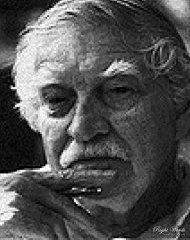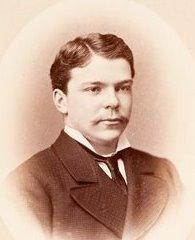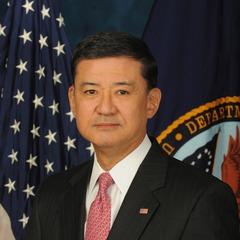May Quotes - Page 323
James Madison (1836). “The Debates in the Several State Conventions on the Adoption of the Federal Constitution: As Recommended by the General Convention at Philadelphia in 1787. Together with the Journal of the Federal Convention, Luther Martin's Letter, Yates's Minutes, Congressional Opinions, Virginia and Kentucky Resolutions of '98-'99, and Other Illustrations of the Constitution”, p.399
James Madison, Ralph Ketcham “Selected Writings of James Madison”, Hackett Publishing
Alexander Hamilton, James Madison, John Jay, Henry Barton Dawson (1864). “The Fœderalist: A Collection of Essays, Written in Favor of the New Constitution, as Agreed Upon by the Fœderal Convention, September 17, 1787. Reprinted from the Original Text. With an Historical Introduction and Notes”, p.399, New York : C. Scribner ; London : Sampson Low
Thomas Jefferson, James Madison (1995). “The Republic of Letters: 1776-1790”
James Madison (1974). “The Debates in the Several State Conventions on the Adoption of the Federal Constitution: As Recommended by the General Convention at Philadelphia in 1787 ...”
James M. Barrie (2013). “Peter Pan (Peter and Wendy) (Annotated Edition)”, p.56, Jazzybee Verlag
Any object, intensely regarded, may be a gate of access to the incorruptible eons of the gods.
James Joyce, Jeri Johnson (1998). “Ulysses”, p.396
Proverbs may not improperly be called the philosophy of the common people.
James Howell (1660). “Lexicon Tetraglotton, an English-French-Italian-Spanish Dictionary: Whereunto is Adjoined a Large Nomenclature of the Proper Terms (in All the Four) Belonging to Several Arts and Sciences, to Recreations, to Professions Both Liberal and Mechanick, &c. Divided Into Fiftie Two Sections; with Another Volume of the Choicest Proverbs in All the Said Toungs, (consisting of Divers Compleat Tomes)”, p.621
Wisdom may be the ultimate arbiter, but is seldom the immediate agent in human affairs.
Sir James Fitzjames Stephen (1860). “Critical and Miscellaneous Essays”
James Fenton (2003). “An Introduction to English Poetry”, p.10, Penguin UK
Review of "Van Helsing", reelviews.net, 2004.
James Anthony Froude (1849). “The nemesis of faith”, p.13
CNN obituary, October 17, 1997.







